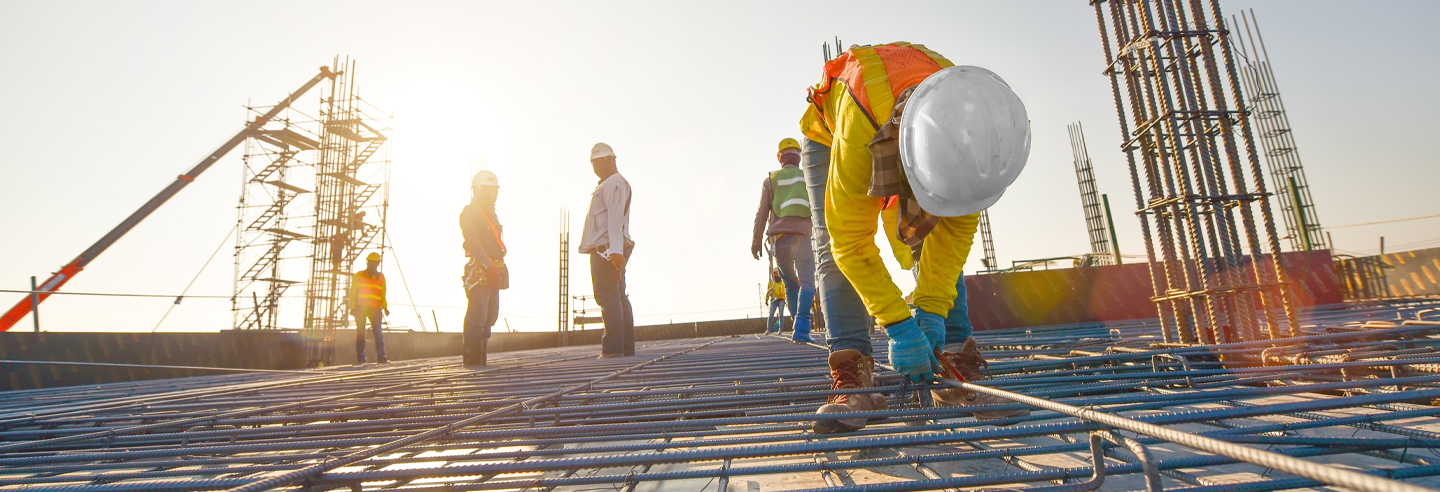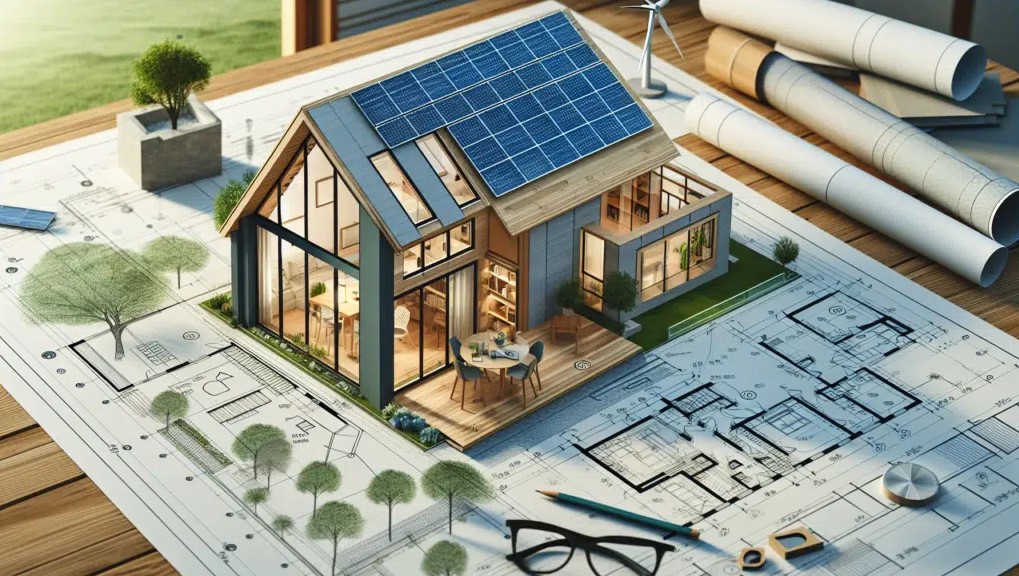Reducing your emissions at home
The UK has committed to becoming net zero by 2050, and homeowners are becoming increasingly aware of their responsibilities when it comes to reducing emissions. But is net zero home really achievable? Let’s take a look at some steps you can take to minimise your carbon footprint and do your bit for the planet.
Invest in solar panels
Many people don’t realise it, but electricity from the grid isn’t carbon neutral – over a third of it is powered by natural gas. By investing in solar panels and a solar battery, you can power your home completely with the sun’s energy, removing your home from the grid and enjoying entirely sustainable electricity. A solar PV specialist can assess your home and determine how many panels you’ll need to meet your electricity demands.
Improve your insulation
Energy efficiency is a key part of achieving a net zero home, so ensure your insulation is up to scratch. Minimising energy wastage helps heat stay inside, meaning you’ll need less power to keep warm. Without the right insulation, your home could lose up to 33% of its heat through the walls and 25% through the roof. Get an expert out to assess your insulation and make recommendations for improvements. Not only will it save you energy, it will save you money too.
Switch your boiler for a heat pump
The government has recently increased its grant funding for the Boiler Upgrade Scheme, meaning you can now get £7,500 towards the installation cost of an air source heat pump. Once your home is properly insulated, you can heat it in a sustainable way using a heat pump. This works like a fridge in reverse, extracting heat from the air outside and heating it further to keep your home warm. Heat pumps run on electricity, so if you’ve had solar PV installers in Kent round to fit solar panels, both your heating and electricity could become completely carbon neutral.
If you’re not ready to rely solely on a heat pump for warmth, you can always have a hybrid system installed. This will reduce your emissions by only activating the boiler when necessary.
Install triple-glazed windows
Triple-glazed windows aren’t only effective at shutting out exterior noise and improving your home’s security. They also help to retain heat in winter and prevent your home from heating up in summer. A triple-glazed unit can result in up to a 35% reduction in heat loss, meaning you won’t rely so much on heating and air conditioning.
Upgrade your lighting
Lighting your home is especially important in winter, when there are fewer hours of daylight. By switching to LEDs, you can improve the efficiency of your lights – and they don’t contain mercury like fluorescent lamp bulbs. You can also invest in dimmer switches, enabling you to illuminate your home appropriately without using excessive energy. If you want to go one step further, smart lighting with motion sensors will ensure optimum efficiency all year round.


